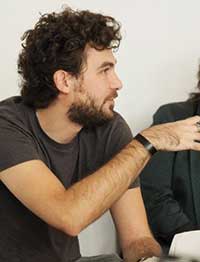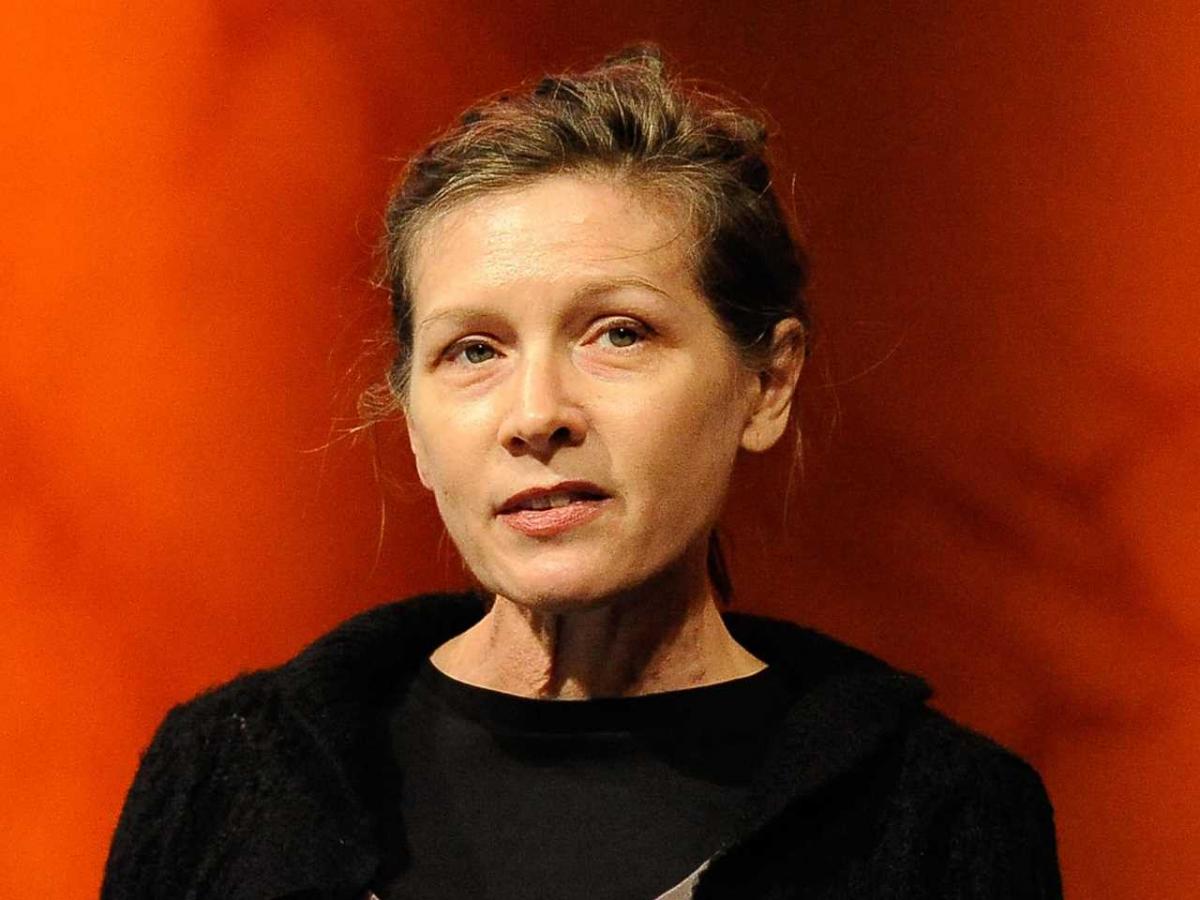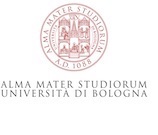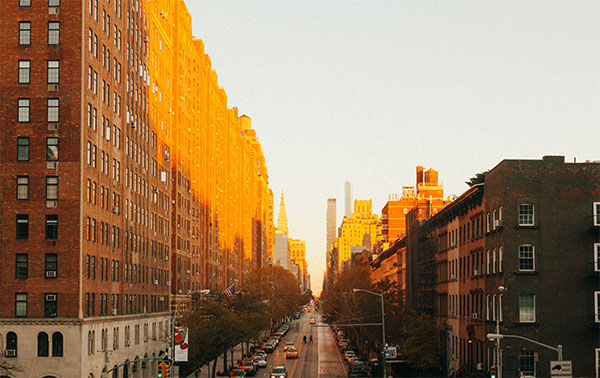|
 Niccolò Cuppini is a researcher at the University of Applied Sciences and Arts of Southern Switzerland (SUPSI). He obtained a PhD in Politics, Institutions, History at the University of Bologna in 2016 with a dissertation entitled “Genealogy of the Globalized City. Political Premises of the Urbanization of the World”. His researches are oriented towards a trans-disciplinary approach within the urban studies and the history of political doctrines fields. Moreover, he researches on logistics and social movements; sociology of labour and platform economy. Niccolò is involved in many international research projects in Europe (“Platforms in Urban Spaces” – HORIZON 2020), Africa (“Welcoming Neighbourhoods” - SUDAC), Latin America (“Urban Regime and Citizenship in Rio de Janeiro” - FNS and “Impact and Legacy of Mega Events in Buenos Aires” - CLS) and the United States (“A trans-national research network on logistics” - FNS). He is part of the research group Into the Black Box (http://www.intotheblackbox.com/) and he is editor of the Journal Scienza&Politica (https://scienzaepolitica.unibo.it/). Niccolò Cuppini is a researcher at the University of Applied Sciences and Arts of Southern Switzerland (SUPSI). He obtained a PhD in Politics, Institutions, History at the University of Bologna in 2016 with a dissertation entitled “Genealogy of the Globalized City. Political Premises of the Urbanization of the World”. His researches are oriented towards a trans-disciplinary approach within the urban studies and the history of political doctrines fields. Moreover, he researches on logistics and social movements; sociology of labour and platform economy. Niccolò is involved in many international research projects in Europe (“Platforms in Urban Spaces” – HORIZON 2020), Africa (“Welcoming Neighbourhoods” - SUDAC), Latin America (“Urban Regime and Citizenship in Rio de Janeiro” - FNS and “Impact and Legacy of Mega Events in Buenos Aires” - CLS) and the United States (“A trans-national research network on logistics” - FNS). He is part of the research group Into the Black Box (http://www.intotheblackbox.com/) and he is editor of the Journal Scienza&Politica (https://scienzaepolitica.unibo.it/).
 Keller Easterling is an architect, writer and professor at Yale. Her most recent book, Extrastatecraft: The Power of Infrastructure Space (Verso, 2014), examines global infrastructure as a medium of polity. A recently published e-book essay titled Medium Design (Strelka Press, 2018) previews a forthcoming book of the same title. Medium Design inverts an emphasis on object and figure to prompt innovative thought about both spatial and non-spatial problems.Another recent book, Subtraction(Sternberg, 2014), considers building removal or how to put the development machine into reverse. Histories of Things that Don't Happen and Don't Always Work (ARQ Editiones, 2017) is an essay collection, and The Action is the Form: Victor Hugo’s TED Talk (Strelka Press, 2012) is an e-book previewing some of the arguments in Extrastatecraft. Keller Easterling is an architect, writer and professor at Yale. Her most recent book, Extrastatecraft: The Power of Infrastructure Space (Verso, 2014), examines global infrastructure as a medium of polity. A recently published e-book essay titled Medium Design (Strelka Press, 2018) previews a forthcoming book of the same title. Medium Design inverts an emphasis on object and figure to prompt innovative thought about both spatial and non-spatial problems.Another recent book, Subtraction(Sternberg, 2014), considers building removal or how to put the development machine into reverse. Histories of Things that Don't Happen and Don't Always Work (ARQ Editiones, 2017) is an essay collection, and The Action is the Form: Victor Hugo’s TED Talk (Strelka Press, 2012) is an e-book previewing some of the arguments in Extrastatecraft.
 Michele Lapini is a Bologna-based Italian freelance photographer. He was born in 1983 in Valdarno, Tuscany, exactly midway between Arezzo, Florence and Siena. He studied development economics and international cooperation at the University of Florence and holds a master degree in development, cooperation and human rights from the University of Bologna. His photos accompany his deep interest in social, political and environmental questions which characterize the world surrounding him. He was worked in places like London and Barcellona and collaborated with international music festival in Europe. Michele Lapini is a Bologna-based Italian freelance photographer. He was born in 1983 in Valdarno, Tuscany, exactly midway between Arezzo, Florence and Siena. He studied development economics and international cooperation at the University of Florence and holds a master degree in development, cooperation and human rights from the University of Bologna. His photos accompany his deep interest in social, political and environmental questions which characterize the world surrounding him. He was worked in places like London and Barcellona and collaborated with international music festival in Europe.
 Brett Neilson is Research Professor at the Institute for Culture and Society, Western Sydney University. His research and writing aims to provide alternative ways of conceiving globalisation, with particular emphasis upon its social and cultural dimensions. Drawing on cultural and social theory as well as on empirical and archival information, this research has derived original and provocative means for rethinking the significance of globalisation for a wide range of contemporary problems and predicaments, including the circulation of popular culture, the proliferation of borders, the ascendancy of global financial markets, the pressures of population ageing and the growing heterogeneity of labour. His writings have been translated into thirteen languages: Italian, French, German, Spanish, Swedish, Finnish, Greek, Hungarian, Turkish, Polish, Chinese, Japanese and Korean. He is currently working on the ARC Discovery project, 'Logistics as Global Governance: Labour, Software and Infrastructure along the New Silk Road', with partner researchers from Greece, India, Chile, Italy, Canada and the UK; and a second, 'Data Centres and the Governance of Labour and Territory' with partner researchers from China, Singapore, Italy, the UK and Germany. Brett Neilson is Research Professor at the Institute for Culture and Society, Western Sydney University. His research and writing aims to provide alternative ways of conceiving globalisation, with particular emphasis upon its social and cultural dimensions. Drawing on cultural and social theory as well as on empirical and archival information, this research has derived original and provocative means for rethinking the significance of globalisation for a wide range of contemporary problems and predicaments, including the circulation of popular culture, the proliferation of borders, the ascendancy of global financial markets, the pressures of population ageing and the growing heterogeneity of labour. His writings have been translated into thirteen languages: Italian, French, German, Spanish, Swedish, Finnish, Greek, Hungarian, Turkish, Polish, Chinese, Japanese and Korean. He is currently working on the ARC Discovery project, 'Logistics as Global Governance: Labour, Software and Infrastructure along the New Silk Road', with partner researchers from Greece, India, Chile, Italy, Canada and the UK; and a second, 'Data Centres and the Governance of Labour and Territory' with partner researchers from China, Singapore, Italy, the UK and Germany.
 AbdouMaliq Simone is an urbanist with an abiding interest in the spatial and social compositions of urban regions. He is a research associate at the Max Planck Institute for the Study of Religious and Ethnic Diversity, visiting professor of sociology at Goldsmiths College, University of London, visiting professor at the African Centre for Cities, University of Cape Town, research associate with the Rujak Center for Urban Studies in Jakarta, and research fellow at the University of Tarumanagara. He brings to the Urban Institute a long background working in urban areas of Africa, South and Southeast Asia, with a particular interest in the everyday lives of Muslim working class residents. AbdouMaliq Simone is an urbanist with an abiding interest in the spatial and social compositions of urban regions. He is a research associate at the Max Planck Institute for the Study of Religious and Ethnic Diversity, visiting professor of sociology at Goldsmiths College, University of London, visiting professor at the African Centre for Cities, University of Cape Town, research associate with the Rujak Center for Urban Studies in Jakarta, and research fellow at the University of Tarumanagara. He brings to the Urban Institute a long background working in urban areas of Africa, South and Southeast Asia, with a particular interest in the everyday lives of Muslim working class residents.
|





 Niccolò Cuppini
Niccolò Cuppini  Keller Easterling
Keller Easterling Michele Lapini
Michele Lapini Brett Neilson
Brett Neilson AbdouMaliq Simone
AbdouMaliq Simone